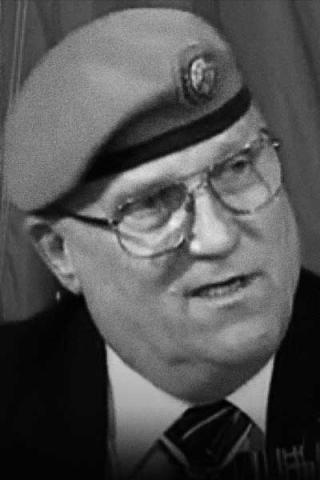
Donald Stewart Ethell was born in July 1937 and was raised in Victoria, BC. His father was a Veteran of both the First and Second World Wars and his mother was a nurse. He and his sister attended boarding school because of his parents' jobs and he was only home at Christmas and during the summer. His mother passed away when Mr. Ethell was 10 years old.
When he enlisted, Mr. Ethell joined the Queen's Own Rifles in Calgary. After several years of serving as an infantryman, he was recommended for the officer training. Mr. Ethell graduated from the program and rose to the rank of Colonel. He went on to command Canadian and United Nations forces in various missions all over the world. In the mid-1990s, Col. Ethell retired with over thirty-five years of distinguished service.
Heroes Remember interview
View all of Donald Ethell's videos
Current position:00:00:00
Total time:00:01:58
Remembrance Day - Donald Ethell - HTML5 Transcript/Captions
Well I could come out with the cliches of you know remembering
the fallen and so forth, we will always do that, it is a day
when we stop and meditate. First of all, it's not a holiday, I
take that term, Remembrance Day holiday, I'm of the school that
Remembrance Day parade is in the morning at 11 o'clock, you're
all on the parade square regardless of how cold it is and once
you finish that then you go back to work, same with the schools.
Because it's not a holiday, it's a day when you can pause for a
few minutes and recognize the sacrifices of our past. Regardless
of what war, or peace support mission, or incident in Canada,
the individual died for, death is a death, is a death, and you
put a uniform on, first of all nobody said it was safe, secondly
you've got to understand at a certain point somebody may order
you to kill, or somebody may order you to die. And that's
sometimes what I think when I think about the terrible loss of
life in World War One, "cannon fodder" is a good term, where we
lost ten's of thousands, 120, 000's, where we lost similar
amounts throughout the war, throughout the Second World War and
to a certain extent in Korean. It's a different world now and I
don't think, I'd like to think, we won't go back that way. But
those are the things I think of and I think of my own colleagues
that we've lost in the peace support operation arena.


